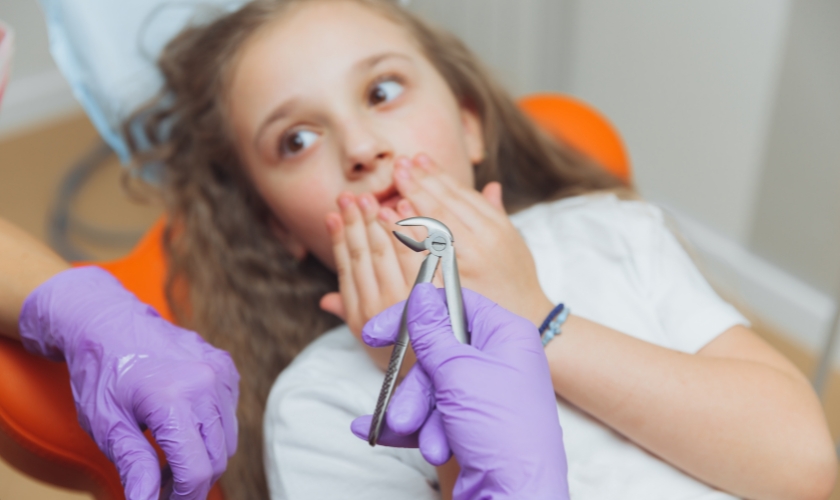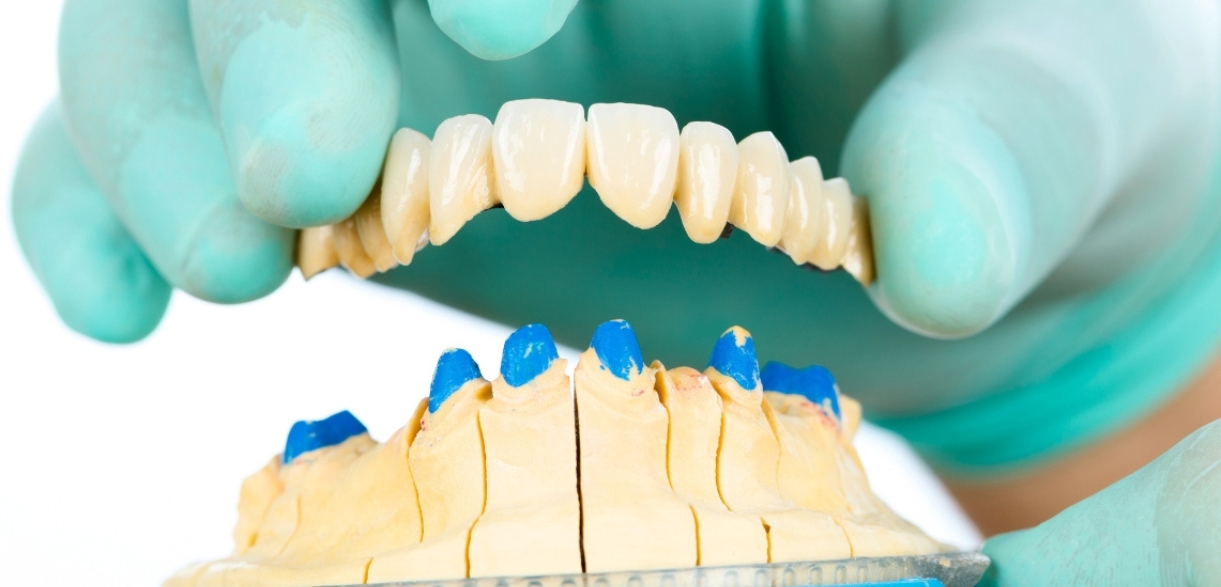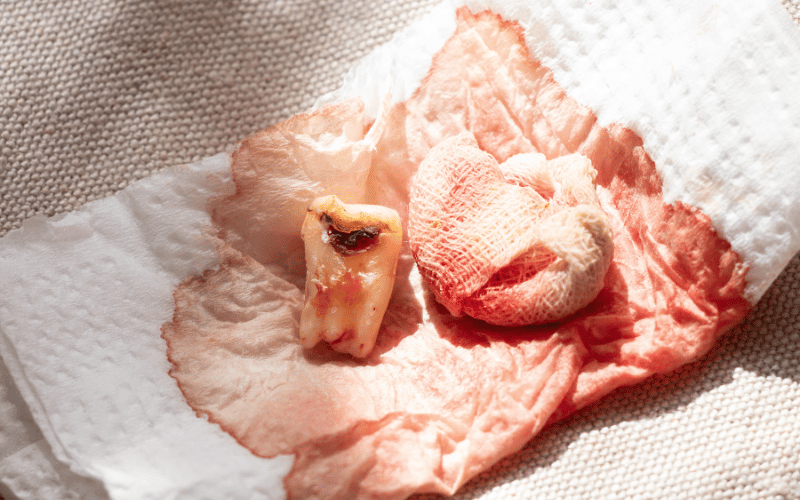1520 Green Oak Place, Suite B Kingwood, Tx 77339
When Is the Best Age for Tooth Extraction?

Losing a tooth can be a stressful experience, and navigating the decision of extraction adds another layer of complexity. While some teeth are naturally meant to be shed during childhood, others may require removal due to various reasons. Understanding the factors that influence the ideal age for tooth extraction can empower you to make informed choices for your oral health.
This blog post dives deep into the world of tooth extraction, exploring the concept of age as a factor, alongside other crucial considerations. We’ll address common concerns, shed light on alternative procedures, and guide you toward a confident decision-making process.
Why Does Age Matter in Tooth Extractions?
Age plays a role in tooth extraction primarily due to factors like root development and bone density.
Root Development:
The age for tooth extraction can significantly influence the complexity of the procedure. Teeth with fully formed roots are generally sturdier and more anchored in the jawbone, which can make extraction more complex and require additional tools and techniques. Conversely, younger patients often have partially developed roots, making the extraction process potentially simpler and faster.
Bone Density:
Younger individuals often have denser jawbones, which can influence the difficulty of the extraction and healing time. Denser bone may require more specialized tools for tooth removal.
However, it’s important to remember that age is just one piece of the puzzle. Here are some other critical factors that a dentist will consider when determining the ideal time for an extraction:
Reason for Extraction:
The underlying reason for needing a tooth removed significantly impacts the decision-making process. Damaged or severely decayed teeth beyond repair, impacted wisdom teeth causing discomfort, or overcrowded teeth requiring orthodontic treatment are all valid reasons for extraction.
Overall Health:
A patient’s overall health and healing ability are crucial considerations. Certain medical conditions or compromised immune systems might necessitate delaying an extraction or implementing additional precautions.
X-ray Analysis:
Dental X-rays provide valuable insights into the tooth’s root structure, surrounding bone density, and potential complications. This information helps the dentist formulate the most effective extraction plan.
Optimum Age for Different Types of Tooth Extractions:
While there’s no single “best” age for all tooth extractions, understanding the typical scenarios can provide valuable guidance:
Primary Teeth (Baby Teeth):
These teeth are naturally meant to fall out during childhood, typically between the ages of 6 and 12. Dentists usually don’t recommend extraction unless a primary tooth is severely decayed, or infected, causing complications for the developing permanent tooth, or impeding jaw development.
Permanent Teeth (Excluding Wisdom Teeth):
Ideally, permanent teeth should last a lifetime. However, situations like severe decay, trauma, or gum disease might necessitate extraction. Age becomes less of a determining factor here, and the dentist focuses on the specific condition of the tooth and surrounding tissues.
Wisdom Teeth:
Wisdom teeth, or third molars, are the last teeth to erupt, typically between the ages of 17 and 25. The ideal age for tooth extraction, specifically for wisdom teeth, is often recommended between 18 and 24 to prevent impaction, overcrowding, or damage to other teeth. While extraction can be performed later, it may require a more complex procedure and potentially a longer recovery time.
Alternatives to Tooth Extraction
Whenever possible, dentists prioritize saving natural teeth. Here are some potential alternatives to consider:
Fillings:
Cavities can often be addressed with fillings, preserving the tooth structure.
Root Canals:
In cases of severe decay or infection affecting the tooth’s pulp, a root canal can remove the infected tissue and save the tooth.
Crowns:
Cracked, fractured, or heavily worn teeth can be protected and restored with crowns.
Braces or Aligners:
Orthodontic treatment can address overcrowding or misalignment, potentially eliminating the need for extraction to create space.
The Importance of Consulting a Dentist
If you’re facing a potential tooth extraction, scheduling a consultation with a qualified dentist is crucial. They will conduct a thorough examination, including X-rays, to assess the situation and discuss all available options. A dentist in Kingwood, can provide personalized recommendations based on your specific needs and health history.
Making an Informed Decision
Tooth extraction is a significant procedure, and understanding the factors involved empowers you to make informed choices. Discussing the options with your dentist and considering your age, overall health, and the reason for extraction will guide you toward the best course of action for your oral health. Remember, prioritizing preventive care through regular dental checkups and proper oral hygiene can significantly reduce the chances of needing an extraction in the future.
Shedding Light on Tooth Extraction: Age and Other Important Considerations
Following up on the factors influencing the ideal age for tooth extraction, let’s delve deeper into specific considerations and provide additional insights for a well-informed decision.
Addressing Common Concerns:
Pain During Extraction:
Modern dentistry offers various anesthesia options to minimize discomfort during the procedure. Your dentist will discuss the best choice based on your needs and anxiety level.
Recovery Time:
Recovery time after an extraction varies depending on the complexity of the procedure, your overall health, and adherence to post-operative instructions. Generally, younger individuals tend to recover faster due to their body’s natural healing ability.
Cost of Extraction:
The cost of extraction can vary depending on the complexity of the case, the type of anesthesia used, and the location. Dental insurance may cover a portion of the cost, but it’s essential to check with your provider beforehand.
Beyond Age: Additional Factors to Consider
Bone Density Issues:
In some cases, individuals beyond their youth may have maintained good bone density. This could make extraction slightly less complex compared to someone of a younger age with lower bone density.
Underlying Medical Conditions:
Certain medical conditions, like diabetes or compromised immune systems, can affect healing and increase the risk of complications after an extraction. Your dentist will carefully consider these factors when formulating the treatment plan.
Patient Preference:
While the dentist will provide expert recommendations, your comfort level and preferences also play a role in the decision. Discussing any anxieties or concerns with your dentist is crucial for a successful outcome.
Alternatives and Saving Teeth Whenever Possible:
As mentioned earlier, dentists prioritize saving natural teeth whenever possible. Here are some additional alternatives to extraction to explore with your dentist:
Dental Bonding:
This procedure can repair minor chips, cracks, or gaps in teeth, offering a more conservative approach compared to extraction and crowns.
Gum Disease Treatment:
Early intervention with scaling and root planing (deep cleaning) can effectively address gum disease and prevent tooth loss.
Nightguards:
For individuals with teeth grinding (bruxism) causing damage, nightguards can protect teeth and prevent the need for extraction.
The Importance of Post-Operative Care
Following a tooth extraction, meticulous post-operative care is crucial for optimal healing and minimizing complications. Your Kingwood dentist will provide detailed instructions, which may include:
Pain Management:
Over-the-counter pain medication or a prescription from your dentist can help manage discomfort.
Bleeding Control:
Applying gentle pressure with gauze to the extraction site can control initial bleeding.
Diet:
Opt for soft foods for the first few days to allow for proper healing.
Oral Hygiene:
Maintaining good oral hygiene is essential to prevent infection. However, avoid vigorous brushing or flossing near the extraction site for a few days.
When considering the age for tooth extraction, it’s important to remember that age is just one factor and not the sole determinant. A holistic approach that evaluates the tooth’s condition, the underlying reason for extraction, overall health, and individual circumstances is essential. Consulting a qualified dentist for a comprehensive evaluation empowers you to make informed decisions about your oral health. By prioritizing preventive care and discussing all options with your dentist in Kingwood, you can confidently navigate the decision-making process and ensure the best outcome for your long-term oral health.






